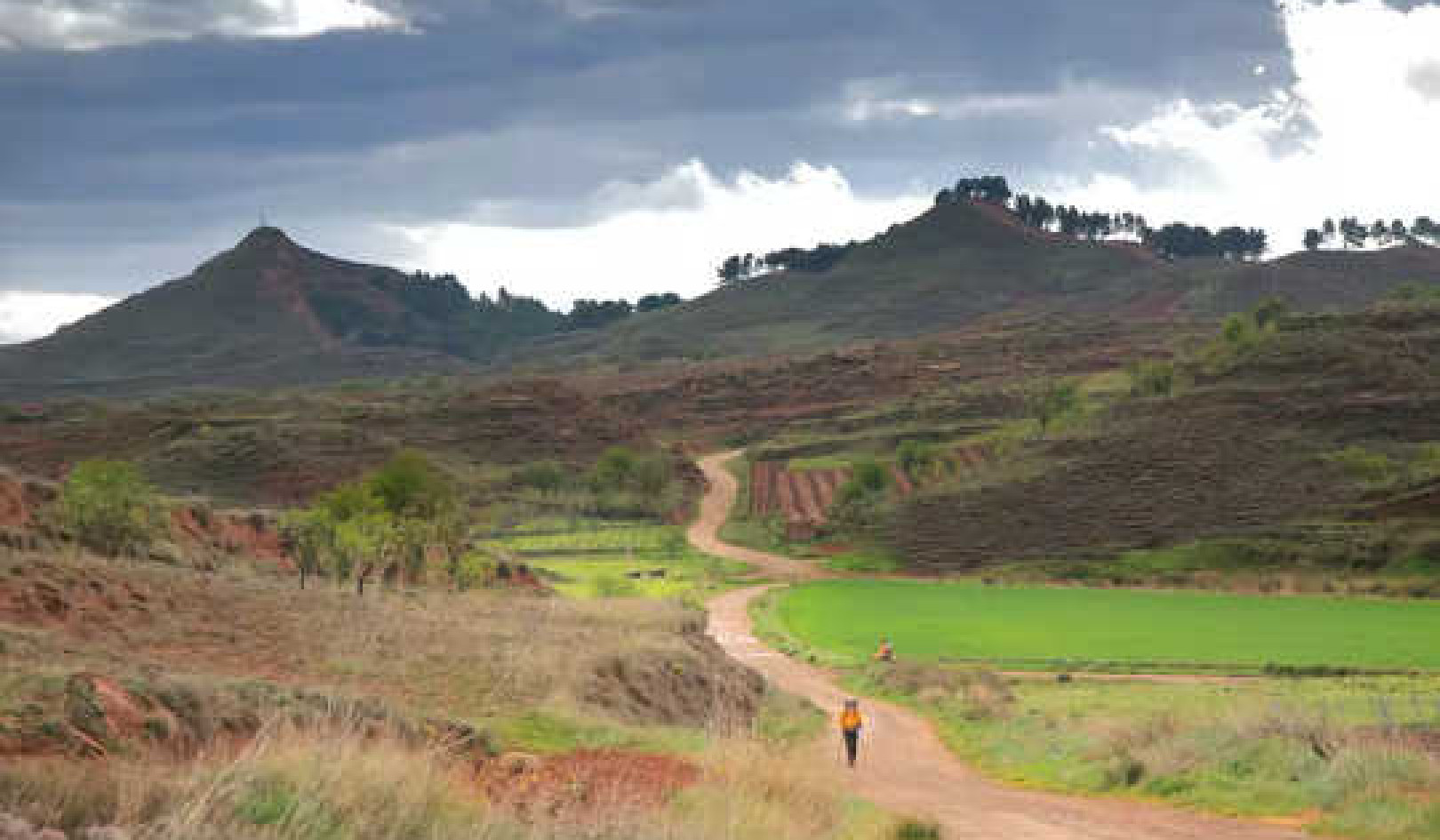
In Tibet there was one Geshe who was meditating on patience. That was his main practice. So he meditated and meditated all the time. Whenever a student would come and say, "Teacher, Geshe-la, what are you meditating upon?" he would always reply, "Patience." So different students would come and again ask the same question, "What are you meditating upon?" "Patience."
One time one student came along and said, "Oh teacher, what are you meditating upon?" And he replied, "Patience." Then the student said, "Eat shit." And Geshe-la replied, "What?! What are you talking about? You eat shit."
Harder to Be Spiritual When You Face Adversities
It's very easy for you to be wholesome and virtuous and spiritual when things are going right. But as soon as a little bit of adversity arises, then the real test begins. That's the time when you can find out how well your practice has been proceeding, especially when you look at how you deal with your family life. There's a good way to test yourselves.
When you are experiencing tremendous misfortune that seems to be staring you in the face, this indicates the onset of difficult times. You all have experienced this.
Many Tibetans actually get involved on the spiritual path, take ordination, join monasteries or scholastic colleges or practice colleges, because they are able to find security and sponsorship in such institutions. It is safe there because they will receive food, clothing, and necessities. This allows for easy survival. It's difficult to survive as a refugee in India, Nepal, and elsewhere.
Even in Tibet this was the case. Many would enter monasteries to have a comfortable life where they'd be taken care of. A lot of Americans come to the path because they're lost, confused, or overwhelmed. To escape from that predicament, they become Buddhists and enter the spiritual path.
You can use adversity as an excuse for entering the path. The main point to bring out is that it is vital that you cultivate this strong and continuous sense of gratitude. It is through gratitude that even severe suffering will be extremely agreeable. This is how it is that practitioners achieve enlightenment in one body and in one lifetime. There's no other way, because they have the ultimate goal in mind. If you dwell only on the temporary hardships, which is where you get caught up and where you stop, how can you proceed?
Overcoming Adversities Is Part of The Spiritual Path
You must understand that temporary hardships are part of the path. This is what leads to the ultimate state of liberation. If you look at Milarepa, Longchenpa, all of the great masters of the past, you can clearly determine that there's no other way. You must face up to this and develop this sense of good cheer and gratitude when you have temporary difficulties, knowing that they will change. They are a part of what leads all of you to ultimate bliss.
Suffering is very kind to you. If you don't have suffering, you will not turn from attraction to cyclic existence, which means you will never be free. It's as simple as that.
Sometimes it's very difficult to take a foul-tasting medicine, for instance Chinese medicinal tea. You take it because you know that it will benefit you. How difficult is it to undergo surgery, yet you know that there's a chance that your illness may be cured.
Yet, if you understand that this suffering, although severe, is something agreeable to what your goal is and, in fact, can be endured quite easily by facing adversity with a sense of good cheer, your inability to endure physical pain will be overcome. Because one has a sense of mental well being, which means mental strength, the mind becomes strong and begins to feel peaceful or happy about the practice. That alone makes the physical pain seem like something imperceptible. Then the inability for physical pain to afflict the mind is achieved.
This is something that is a prerequisite for someone who is going to go deeper into dharma practice, particularly the ability to overcome illness by means of inner strength. This indicates that one is able to overcome physical pain through one's sense of mental wellbeing, suggesting that this is also the same way to overcome enemies, demonic force possession, and on and on.
Developing Each Virtue On The Path
As you develop each virtue on the path, it's just like developing patience. First, you learn to be patient with yourself. Once you've been able to see some effective positive results and unprecedented benefits, then you can practice patience with your spouse, family, friends, and so forth. Once you see benefits there, you can practice patience with other objects that are more difficult to practice with.
Training in generosity may begin with something as simple as giving something from the right hand to the left hand and back to the right hand, then giving it to the hand of another, like your spouse or your child, and then to the hand of a friend, and eventually to the hand of a stranger. Like this, minor moves to major.
Reprinted with permission of the publisher,
Snow Lion Publications. ©2002. www.snowlionpub.com
Article Source
Meditation, Transformation, and Dream Yoga
by Venerable Gyatrul Rinpoche.
 The three traditional Nyingma texts and Venerable Gyatrul Rinpoche's commentary included in this book were selected by him for their relevance to the modern-day spiritual aspirant who must combine and balance quality practice time, work time, and rest time in the course of a busy day. Ven. Gyatrul Rinpoche's dynamic and practical commentaries on each section are specially tailored to the needs of Western students. The result is an indispensable handbook for practitioners at all levels of experience.
The three traditional Nyingma texts and Venerable Gyatrul Rinpoche's commentary included in this book were selected by him for their relevance to the modern-day spiritual aspirant who must combine and balance quality practice time, work time, and rest time in the course of a busy day. Ven. Gyatrul Rinpoche's dynamic and practical commentaries on each section are specially tailored to the needs of Western students. The result is an indispensable handbook for practitioners at all levels of experience.
Info/Order this paperback book. Also available in a Kindle edition.
About the Author
VEN. GYATRUL RINPOCHE was appointed as spiritual representative for H.H. Dudjom Rinpoche in America in 1976. With His Holiness, he founded the Pacific Region Yeshe Nyingpo centers on the West Coast. During his 30 years of teaching experience in the West, Rinpoche has traveled extensively, touching the hearts of thousands. He is the Spiritual Director of The Tashi Chöling Center for Buddhist Studies.



























